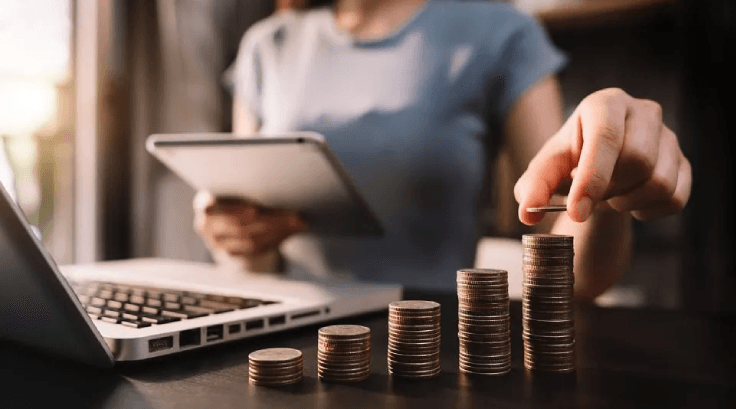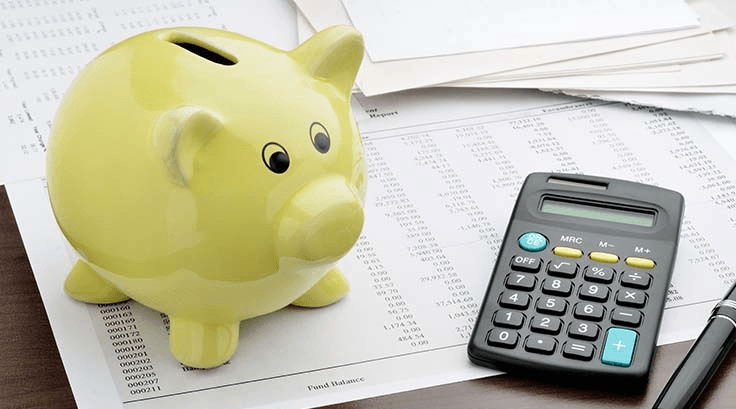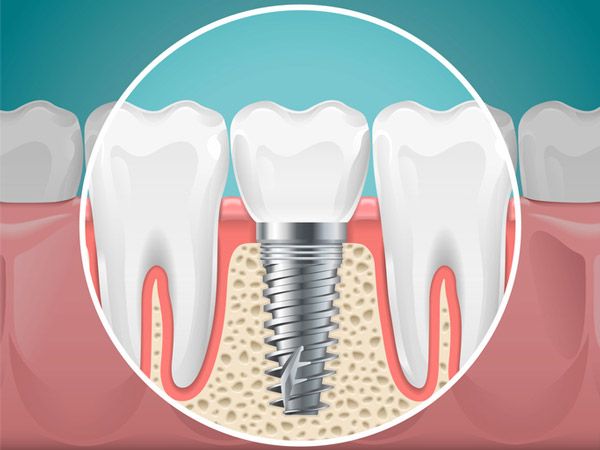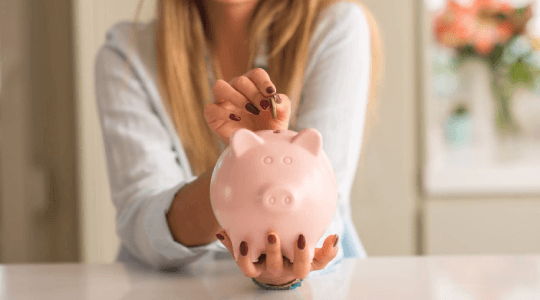
If you find yourself in a debt situation and don't know how to get out of it, you are not alone. Many people struggle with debt repayment and feel like they will never be able to get ahead. However, there are effective strategies you can implement to pay off your debts faster and achieve the financial freedom you desire.
In this article, we'll give you some practical tips so you can start reducing your debt and improving your financial situation. From creating a budget to negotiating with your creditors, these tips will help you take control of your finances and move toward financial independence.
Assess your current financial situation
Before you start paying off your debts faster, it's important to assess your current financial situation. This means making a list of all your debts, including the total amount owed, the interest rate and the minimum monthly payment.
You should also analyze your monthly budget and determine how much money you can afford to pay your debts. If necessary, consider making adjustments to your expenses to free up more money to pay off your debts.
In addition, it is important to review your credit history and check for errors or inaccuracies that may be affecting your credit score. If you find any errors, contact the appropriate credit bureaus to correct them.
Evaluating your current financial situation will help you have a clear idea of how much money you owe and how much you can afford to pay each month to reach your goal of paying off your debts faster.
Create a budget and adjust your spending
One of the first steps you should take to pay off your debts faster is to create a detailed budget of your monthly income and expenses. This will give you a clear idea of how much money you have available to pay off your debts.
It is important to be honest with yourself and write down all the purchases you make, no matter how small they may be. This way, you will be able to identify in which areas you are spending more money and adjust your expenses to allocate more resources to pay your debts.
Once you have your budget, set a clear goal to pay your debts. You can choose from several strategies, such as the snowball method or the avalanche method. The key here is to be consistent and make additional payments whenever possible.
Remember that a budget is not static, but should be reviewed and adjusted periodically. If you are having difficulty sticking to your plan, reevaluate your priorities and make the necessary changes to ensure you reach your goal as soon as possible.
Prioritize your debts according to their interest rates
To achieve faster repayment of your debts, it is important that you prioritize those that have a higher interest rate. This way, you will be able to reduce the total amount you have to pay in the long run.
Once you identify these debts, allocate as much money as possible to pay them off each month. For the lower interest rate debts, you can pay the minimum required while you focus and work on the higher rate debts.
Remember that if you have several credit cards with different interest rates, it is best to pay off the card with the highest rate first.
Consider debt consolidation strategies
A common strategy for paying off your debts faster is to consolidate them into a single loan or credit card with a lower interest rate. This can help you reduce the total amount of interest you pay and make it easier to manage your monthly payments.
Some options for debt consolidation include:
- Personal loan: apply for a loan with a lower interest rate to pay off all of your existing debts.
- Balance transfer credit card: transfer the balance of your existing cards to a new card with a low introductory interest rate.
- Home equity line of credit: use the equity in your home as collateral to obtain a line of credit with a lower rate.
Before opting for any consolidation strategy, be sure to carefully research the options and compare rates and terms. It's also important to keep in mind that some strategies may have costs associated with them, such as transfer fees or early loan closing fees.
Look for additional income and reduce your expenses
One of the best ways to pay off your debts faster is to find additional income. You can do this by working overtime at your current job, freelancing, or looking for an additional job.
It is also important that you reduce your expenses to allocate more money to pay your debts. Carefully analyze your monthly expenses and eliminate those that are not necessary. You can save money on food, entertainment or public transportation, among other items.
Don't be discouraged if at first you find it difficult to adjust your expenses and find additional income. Remember that this is a long-term investment in your financial future.
Negotiate with your creditors and look for refinancing options
If you are having trouble paying your debts, a good option is to contact your creditors and negotiate a payment plan that allows you to reduce the monthly amount you must pay or even temporarily defer your payments. This is a viable option for those who are going through a difficult financial situation.
In addition, you can also look for refinancing options that allow you to consolidate your debts and pay a single monthly payment with a lower interest rate. This will allow you to reduce the total amount of interest you pay over time.
Don't be afraid to seek professional help if necessary. There are many non-profit organizations that offer financial counseling for those who are struggling. Seek the help you need to pay off your debts as quickly as possible.
Keep a long-term plan to avoid future debt
Once you've paid off your current debts, it's important to have a long-term plan to avoid falling into debt again. Some steps you can take include:
- Establish a realistic budget
- Save money for emergencies
- Don't use credit cards on impulse
- Stay informed about your finances and make smart decisions.
Remember that being debt-free doesn't mean you can now spend without control. Keep a responsible mindset and keep working toward your long-term financial goals.






